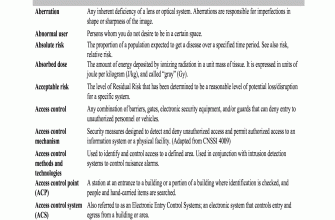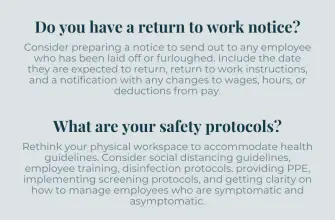Redundancy is a challenging process for any organisation, particularly in the UK where there are strict redundancy rules to follow. It’s a situation that requires careful handling, not only to ensure compliance with the law but also to protect the organisation’s reputation and maintain employee morale. This article provides expert redundancy advice to help you navigate this complex process, ensuring you meet all legal requirements and protect your organisation.
Understanding Redundancy
Redundancy, or redudancy as it is sometimes misspelled, is a form of dismissal from your job. It happens when employers need to reduce their workforce. If you’re being made redundant, you might be eligible for certain rights, including redundancy pay, a notice period, a consultation with your employer, the option to move into a different job, or time off to find a new job.
Legal Aspects of Redundancy
Redundancy legal advice is crucial for any organisation considering redundancies. The redundancy rules in the UK are strict, and failure to comply can result in costly legal disputes. Here are some key points to consider:
- Consultation: Employers must consult with employees (or their representatives) before making them redundant. This consultation should aim to provide ways to avoid redundancies, reduce the number of employees to be made redundant, and mitigate the consequences of redundancies.
- Selection: The process for selecting employees for redundancy must be fair and transparent. Employers cannot select employees based on age, gender, race, disability, or any other protected characteristic.
- Notice: Employees have the right to a notice period before their employment ends. The length of this notice period depends on how long they have been employed.
- Redundancy Pay: Employees who have been employed for at least two years are usually entitled to redundancy pay. The amount depends on their age, weekly pay, and length of service.
Protecting Your Organisation
Redundancy can have a significant impact on an organisation, affecting not only those who are made redundant but also those who remain. It’s essential to manage the process carefully to minimise disruption and protect your organisation’s reputation. Here are some tips:
- Communication: Keep employees informed about the process and the reasons for the redundancies. This can help to reduce uncertainty and anxiety.
- Support: Provide support for employees who are being made redundant, such as help with job searching or training for new skills.
- Consider Alternatives: Before deciding on redundancies, consider whether there are any alternatives. This could include reducing working hours, freezing recruitment, or offering voluntary redundancy.
- Plan for the Future: Think about how your organisation will operate after the redundancies. This might involve reorganising workloads or providing training for remaining employees.
Conclusion
Redundancy is a complex process that requires careful planning and execution. By following the redundancy rules in the UK and providing support for your employees, you can ensure that your organisation remains compliant and protected. Remember, redundancy advice is available from various sources, including legal professionals and HR consultants, to help you navigate this challenging process.
Whether you’re dealing with a single redundancy or a large-scale reduction in your workforce, it’s essential to handle the process with care. By following the advice in this article, you can ensure that you meet your legal obligations and protect your organisation’s reputation.








